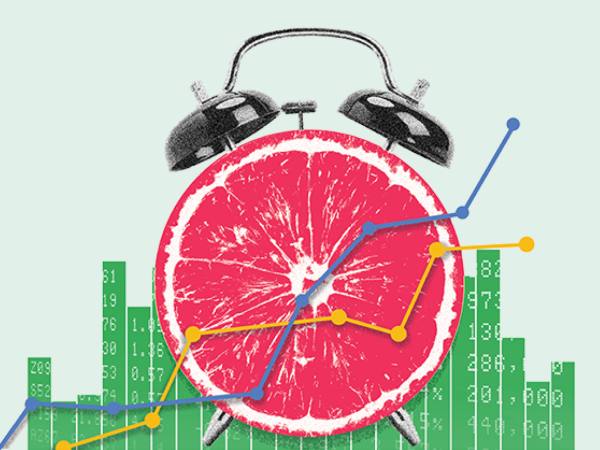Silicon Valley Bank's collapse is a big financial story. In isolation, it is the second largest bank failure in US history. Then there is the systemic risk to the global banking system, political fallout from the government's intervention and the long-term impact on the start-up community.
The fact people hold such strong opinions on a topic that is so complex is indicative of how much skin there is in the game. Last Friday Garry Tan, chief executive of start-up incubator Y Combinator, said the possible collapse of SVB, were it not backstopped, would be an “extinction level event for start-ups, [one that could set companies] and innovation back by 10 years or more”. Most of the VCs were alarmist because they had millions of dollars on the line.
Last weekend, the US government guaranteed SVB’s depositors would get all their money back. This was great news for half of US venture backed companies with deposits in the bank and the investors backing them. It was also good for all the other US banks that are worried depositors will pull cash from them, as well as the depositors themselves, who in total amount to around 95 per cent of American households.
However, there will be political ramifications. Bailing out a bank which provides private jet and vineyard financing for executives of loss-making technology start-ups looks bad. Especially while rising interest rates are trying to push the rest of the economy into a recession. The outspoken Republican billionaire hedge fund manager Ken Griffin wasn’t keen on the Democrats' bailout, saying US “capitalism is breaking down before our eyes”.
Griffin’s argument would have been more convincing if he had pointed at falling life expectancy, slowing rate of productivity growth or even the US government’s multibillion subsidies for its loss-making semiconductor industry.
I am going to avoid the bailout discussion given it's been debated at length elsewhere. I would rather not have a global banking crisis, but that goes without saying. So, instead I am going to point out that SVB’s bankruptcy marks the end of the largest boom in new business creation in the last 50 years.
In 2021, there were 5.38mn new businesses formed in the US, up 54 per cent from 2019. This jump was because of government stimulus and the rise in US unemployment. In 2020, 30 per cent of new entrepreneurs were unemployed, around double the pre-pandemic rate.
Meanwhile, in the UK there was no discernible jump in new business formation. The UK also had government stimulus, but it was in the form of furlough instead of the straight cash payments used on the US. Rather than starting new businesses from home, furloughed employees were legally prevented from working elsewhere.
The tightening lending conditions that will follow the SVB collapse will bankrupt some of the US Covid start-ups, but many will be successful, which will be good for US productivity growth. French economist Philippe Aghion found it also benefits social mobility growth, because more innovative firms pay higher wages to younger, sometimes low-skilled workers.
New business creation should be the ultimate judge of the health of capitalism, and, in that regard, the US is sprightlier than ever. Instead, it is the UK we should be worried about. The government didn't introduce furlough to hold back innovation. But it clearly favoured incumbent firms over those on the brink of existence. If US capitalism is breaking down before our eyes, then the UK is already well in need of repair.
___
This column is published in The Squeeze newsletter: a fresh, new take on investment news giving less experienced investors the what and why of pressing stories. Click here to sign up to receive The Squeeze every Friday.









